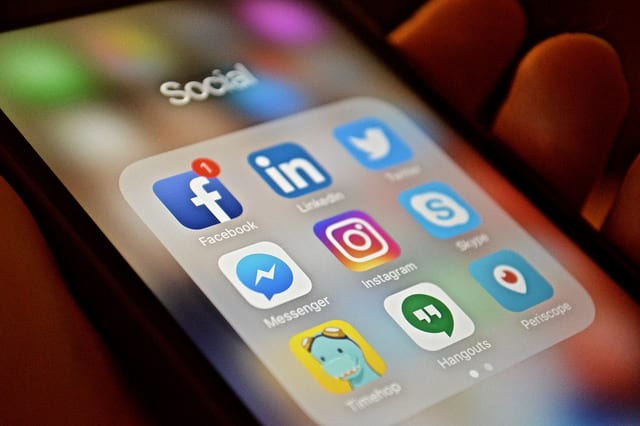Using an army of bots and stolen identities, Devumi sold likes and social media influence for years. But a series of settlements this week puts caps on a burgeoning and worrisome new industry.
Recently-appointed New York Attorney General Letitia James announced a groundbreaking settlement with Devumi, a company that hawks fake likes, retweets and social media followers.
CNET.com reports that Devumi is responsible for unleashing millions of bots across the internet. Registered on Twitter, YouTube, LinkedIn and Pinterest, the fake accounts often stole real people’s pictures and content to appear legitimate.
The company’s business model centered around the sale of social media engagement. Bolstering the follower counts of real celebrities, musicians and athletes, Devumi also helped the up-and-coming appear more successful.
But Wednesday’s settling sets precedent. According to CNET, it’s the first time a law enforcement agency has found that social media fraud is illegal.
“Bots and other fake accounts have been running rampant on social media platforms, often stealing real people’s identities to carry out fraud,” James said in a statement. “With this settlement, we are sending a clear message that anyone profiting off of deception and impersonation is breaking the law and will be held accountable.”
Devumi’s questionable tactics were first profiled by the New York Times in 2018.

The Times gives the example of Jessica Rychly, a Minnesota teenager who uses Facebook and Twitter. Her interests aren’t abnormal for age; most of her posts were casual musings or friendly exchanges.
‘But on Twitter,’ the Times wrote, ‘there is a version of Jessica that none of her friends or family would recognize.’
That version of Rychly, propped up by a Devumi bot, used the girl’s real name, social media bio and photograph. But the fake Rychly endorsed Canadian real estate investments, marketed cryptocurrency and a radio station in Ghana.
Sometimes the fake Jessica would retweet posts written in languages she couldn’t understand, like Arabic or Indonesian. And occasionally the account would promote ‘graphic pornography’ pushed by websites with names like Squirtamania and Porno Dan.
Using its multitude of fake accounts, Devumi could sell 500,000 Twitter followers for $4,000, or ‘like’ packages for $228 per year.
The company ended its operations in September following a massive decline in sales. Under the terms of its settlement with New York, it can’t re-open with a similarly illegal business model.
Devumi also settled with Florida on Thursday.
In a statement, Florida Attorney General Ashley Moody condemned companies which use trickery to promote images of success.
“Social media fraud is serious deception and can give users unwarranted influence,” Moody said. “Through the use of bots, consumers may be tricked into believing a product, person or messages is much more popular than it actually is.”
Along with the unspecified conditions of the settlement, the company will pay both states $50,000 in fines and legal fees.
Sources
Florida bans company for selling millions of fake social media followers
Selling fake followers and likes is illegal, landmark settlement finds


Join the conversation!